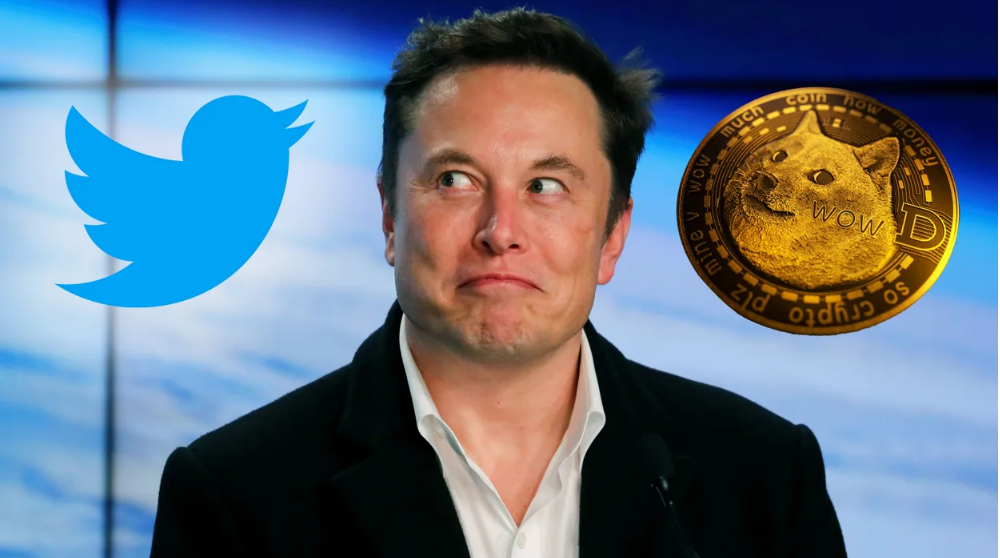In the last few posts in this series, I’ve described different key ideas Randall Holcombe outlines in his book Following Their Leaders: Political Preferences and Public Policy. Here, I want to bring all these ideas together and describe the challenge they present to common assumptions about and arguments in favor of democracy. To do this, let’s go back to the beginning.
In the first post, I reviewed how Holcombe presents the common depiction of democracy. In the common view, voters have specific outcomes they want achieved. They cast their votes to convey these preferences, and the votes are aggregated into an overall social choice. Policymakers then use the information conveyed by this social choice to craft policies reflecting and carrying out the will of the people. This system, we are often told, has several useful features, including that it allows citizens to peacefully solve disputes among themselves through negotiation and voting, as well as making leaders both responsive and accountable to the people. But this story has several flaws, Holcombe says.
One flaw is the difference between expressive and instrumental preferences, as described in the second post in this series. What we prefer to express isn’t always the same as the outcome we would actually choose. In markets, we get what we order, so we will behave instrumentally. In politics, we get the same outcome regardless of the vote we individually cast, so we will behave expressively. This means that voters may use their votes to express support for policies they wouldn’t actually choose to enact if they were making an instrumental choice. And since voting systems aggregate expressive preferences, not instrumental preferences, the results of an election can’t be used to validly reach conclusions about the outcomes voters prefer.
Another flaw, outlined in the third post, comes from the idea that voters have anchor and derivative preferences. Walter Lippmann, in his book Public Opinion, was troubled by the fact that individual citizens could hold strong beliefs on a multitude of highly complex topics with high levels of certainty, writing “There are few big issues in public life where cause and effect are obvious at once. They are not obvious to scholars who have devoted years, let us say, to studying business cycles, or price and wage movements, or the migration and assimilation of peoples, or the diplomatic purpose of foreign powers. Yet somehow we are all supposed to have opinions on these matters.” Holcombe suggests people will anchor onto a key point – maybe a political identity, maybe a specific policy, maybe a particular leader. Voters then adopt their other political preferences from this anchor. As an example, consider someone who is passionately in favor of stricter gun control laws. This will lead them to anchor onto the Democratic party, due to that party’s greater support for gun control. This voter will then tend to adopt the rest of the Democratic platform, despite those issues being unrelated to gun control. This leads to unrelated views clustering together. There is no intrinsic connection between how strict gun control laws should be and whether the tax code should be more or less progressive. Yet, if you know someone’s position on one of these issues, you can predict with very high certainty what they will think about the other issue as well.
Finally, as outlined in the most recent post, democracy does not facilitate citizens solving social problems through mutual negotiation and compromise among equals. Because of transaction costs, the vast majority of citizens will not and cannot meaningfully participate in designing social policy. Policy negotiations and design will necessarily take place among a small group of elites, who face low transaction costs in crafting deals due to being part of a small, well-connected group. Because of this, public policy will not be formed either as a result of citizens compromising with each other, but neither will it come about as a result of elites taking input from citizens:
The political elite do not interact with the masses when they negotiate to produce public policy. They interact with the economic elite and their lobbyists, who are well connected because they face low transaction costs so are able to bargain for specific public policies. In practice, this means selling public policies to the highest bidder.
Additionally, the use of elections to solve social problems does not lead to greater peaceful cooperation among citizens as some models of democracy suggest, but instead encourages ever more polarization as more and more issues are “solved” politically – that is to say, as more and more issues become politicized:
Unlike voting models in which voters have preferences and candidates adopt their platforms to correspond with voter preferences, candidates and parties offer platforms and voters adopt those platforms as their anchors, with preferences on most policies being derivative of their anchors. Platforms often do not converge on some median preference, but remain separated (polarized), and the single dimension of citizen political preferences runs from one platform to the other.
This tendency towards greater polarization with the use of elections is also exacerbated by the fact that politics, unlike markets, is a zero-sum, winner-takes-all game. Markets are very good at providing for even very niche preferences, so almost everyone can get exactly what they are looking for even when they have tastes that are not widely shared. This isn’t the case in politics:
In markets, entrepreneurs have an incentive to entice customers to transact with them. In politics, people have an incentive to defeat rivals. In the market for soft drinks, there is room for both Coke and Pepsi to succeed. In the market for automobiles, there is room for both General Motors and Toyota to succeed. In electoral politics, one side wins and the other loses.
But most importantly, the traditional story of democracy gets things backwards. Voters do not bring their preferences to the polls, leading elites to form policies as the voters direct. Elites form bundles of policies as a result of negotiation and planning with other elites, and voters are given a choice of bundles reflecting the preferences of the elite. Because voters act expressively rather than instrumentally, and because most voter preferences are derivative, voters will express a preference for entire bundles of policies they had no voice in forming. Elites, not voters, are in the driver’s seat in a democracy:
The preceding analysis questions the degree to which democratic governments carry out the will of the people, and the degree to which democratic governments are accountable to their citizens. More than just being poorly informed, citizens and voters tend to adopt their policy preferences from the political elite, so it would be more accurate to say that democratic government carries out the will of the elite than the will of the people.
This also undermines the idea that elections make the elites accountable to the citizens:
If the masses acquire their public policy preferences from the elite to whom they anchor, it is the elite who design public policy, and the masses follow their leaders. Democratic government is not accountable to its citizens, and is not constrained to act in their interest, if the political preferences expressed by the masses are derived from those of the elite.
Of course, it’s still very much in the interest of the elites to advertise the standard view of democracy. Those who advocate for the use of elections on the grounds that elections allow citizens to peacefully coordinate solutions among themselves, or on the grounds that elections make leaders accountable to the public, provide the elites with exactly the kind of intellectual cover that most benefits them:
The romantic notion of democracy as a system in which the political elite are accountable to the masses works to the advantage of the elite, because it presents the appearance of a government constrained to act in the public interest.
This brings my summary of Holcombe’s book to a close. In the next post, I’ll give my thoughts on what I see as the strengths and weaknesses of his argument.
















